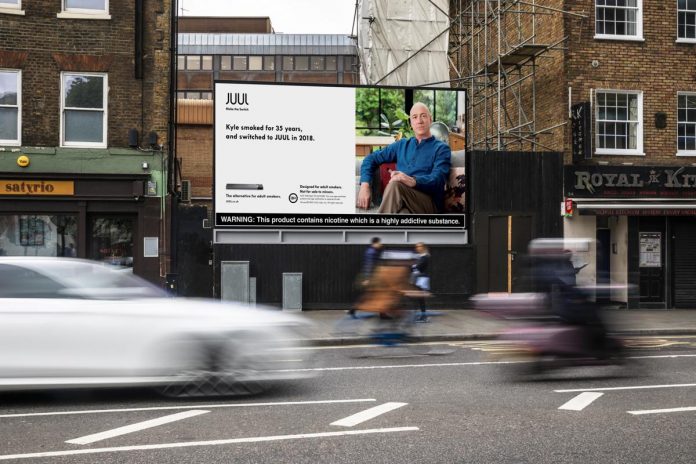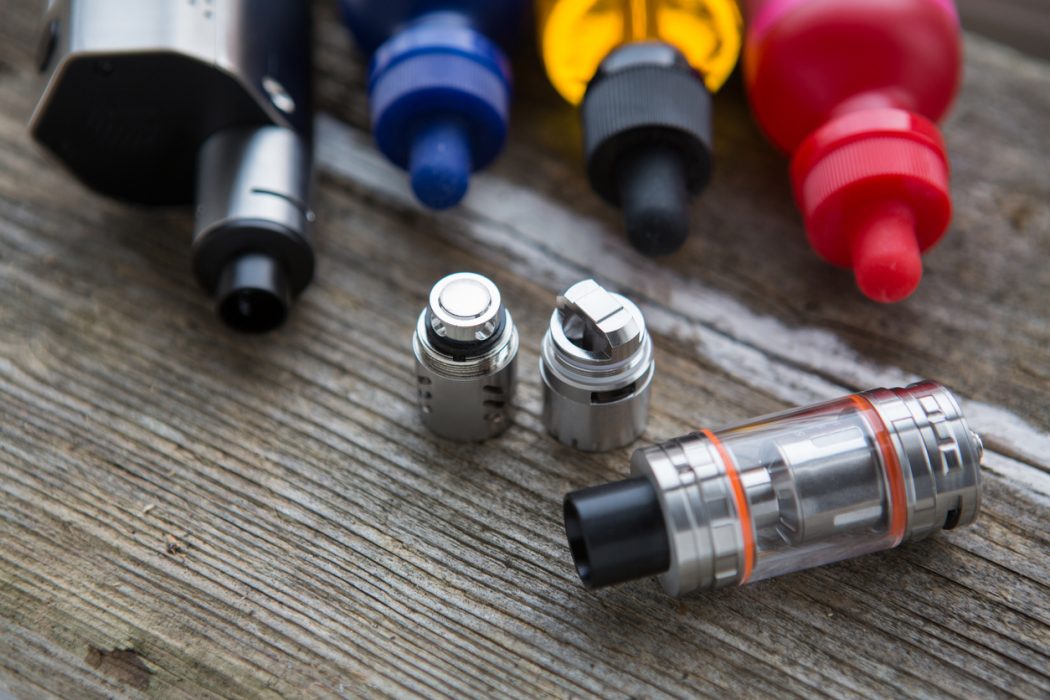UKVIA urges Scottish government to revisit advertising restrictions on vaping
October 11, 2022

The UK Vaping Industry Association (UKVIA) has called on the Scottish government to go back to the drawing table with its proposal to tighten advertising restrictions on vaping.
The call comes following the recent publication of the outcomes of the government’s consultation on the idea of tightening rules on the advertising and promotion of vaping products.
The feedback from the consultation, which involved the input of individuals, local authorities, public health organisations and the vaping community, shows that there is no majority of support for the recommendations put forward by the government, instead dividing opinions and leaving more questions than answers on the future of vaping regulations.
The UKVIA reminded its warning that the proposals could derail the country’s 2034 smoke free ambitions and that its stance is “in denial of the facts”, creating a significant risk to the health of people of Scotland looking to quit smoking, as well as more uncertainty around vaping caused by misinformation.

“The proposals that were put forward only sought to further conflate vaping with combustible tobacco products by aligning advertising and promotion rules to existing restrictions on tobacco products,” John Dunne, Director General of the UKVIA, said.
“Following the feedback, we hope that the Scottish government sees sense and goes back to the drawing board on their proposals, listens to the experts and speaks to the millions of adults no longer smoking.”
Many proposals put forward by the government generated 50:50 responses and a number resulted in more respondents disagreeing than agreeing with them. These included proposals to ban in-store promotional displays, to make free distribution and nominal pricing of vaping products an offence and to make sponsorship agreements in respect to vaping products an offence.
A higher proportion of respondents fed back that the proposed policy by the Scottish government to tighten advertising and promotional rules for vaping would have a negative impact on individuals (50.5% who felt it would, versus 36.9% who didn’t) and on those with socio-economic disadvantages (48.6% versus 25.5%).
“Only by working with others, following the evidence and listening to people’s testimonies can we succeed in the goal of tobacco harm reduction. Following the consultation, we now have a situation where the industry, smokers and vapers are unclear on the future of vaping in Scotland,” Dunne noted.
“It is pleasing to see that when delving deep into the responses, individuals and groups offered strong rebuttals to the more than not illogical and counterproductive recommendations. In its current drafting, these proposals are deeply ill-advised risking the public health potential of vaping.”
Earlier, in its response to the consultation outcomes, the Scottish Grocer’s Federation has also stated that the government’s move was unjustified and failed to appreciate the potential benefits of vaping products.
Dunne continued: “It is widely understood that each region of the UK is set to fall short of their respective smokefree targets. It is therefore critical that, as a devolved issue, health and the methods adopted to support tobacco harm reduction are consistent and embrace the range of alternative products.
“The UKVIA is committed and ready to ensure that the sector is leading the charge, championing best practice and safeguarding future generations. As ever, as an association and industry we stand ready and willing to ensure that fair and proportionate regulations are in place. Regulations that protect consumers, whilst allowing the vaping industry to continue to support adult smokers in their smokefree journeys.”
